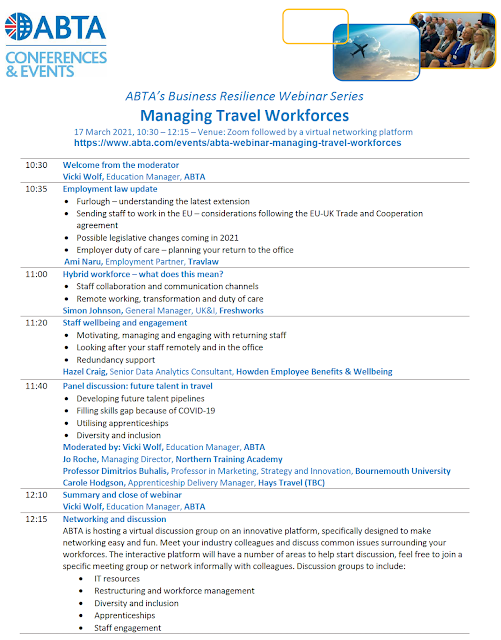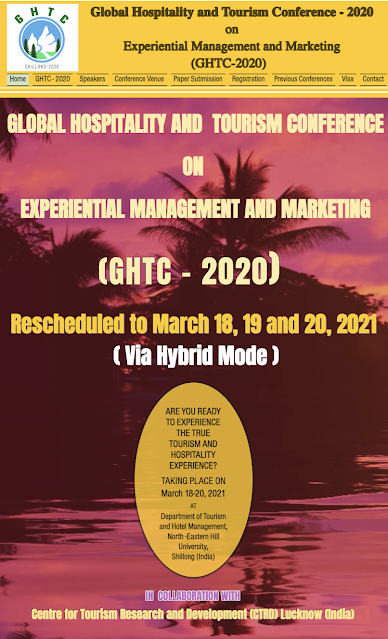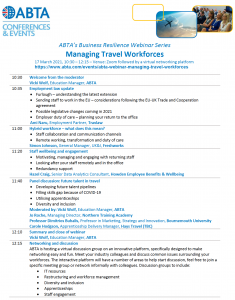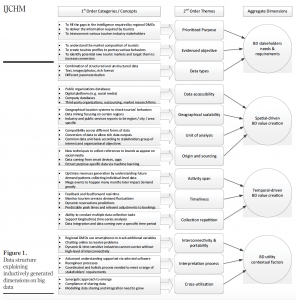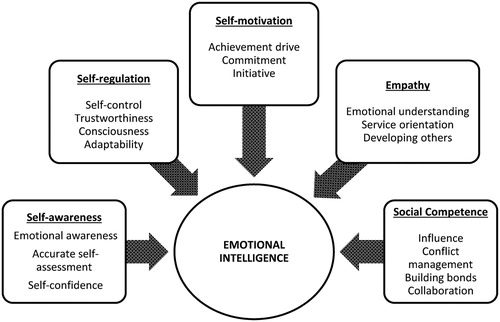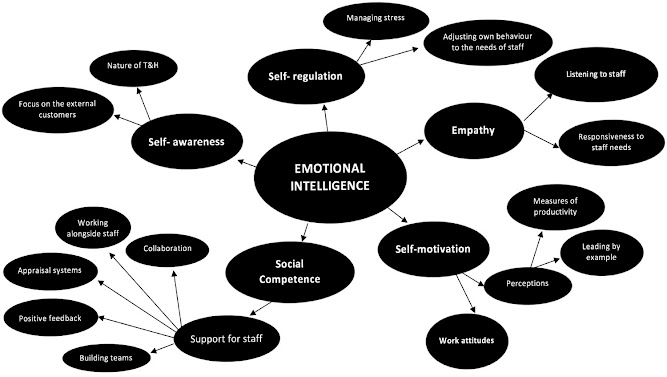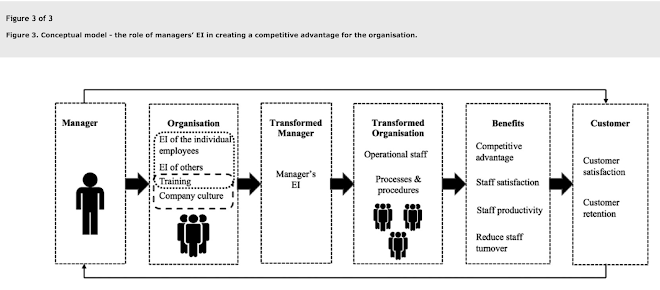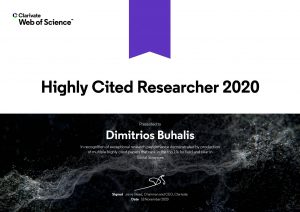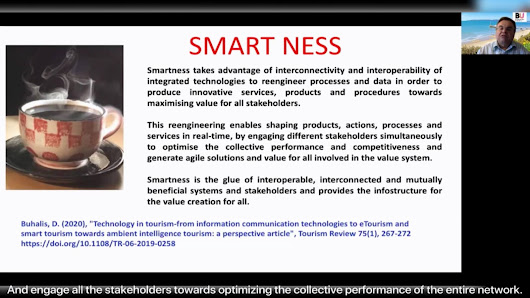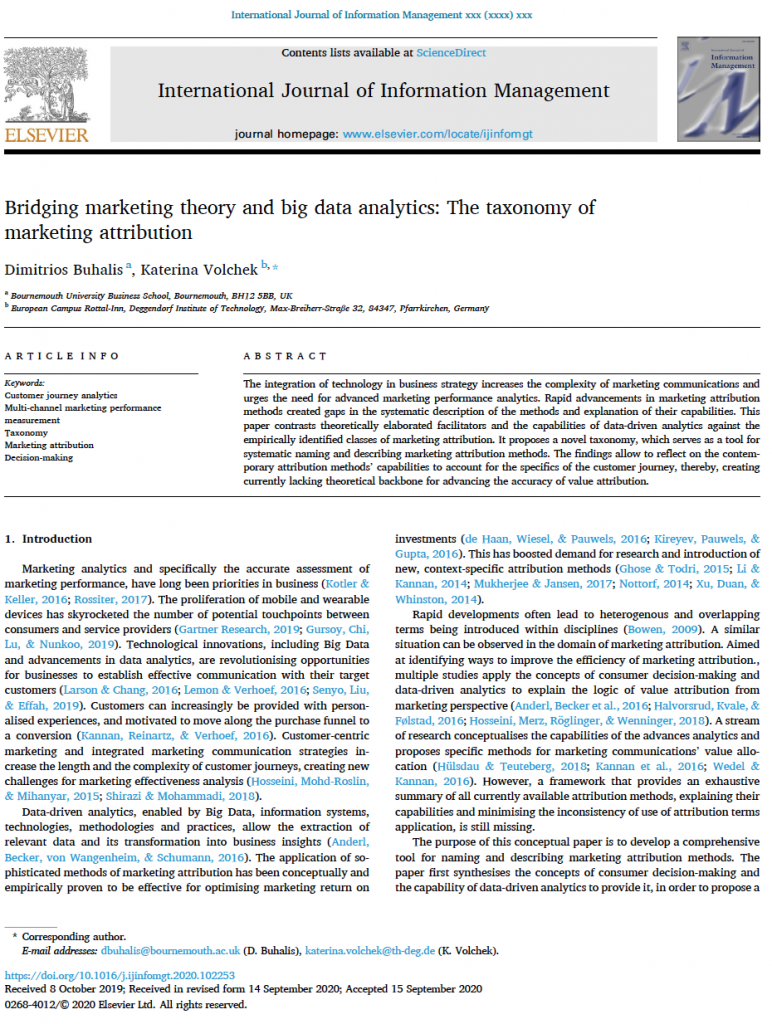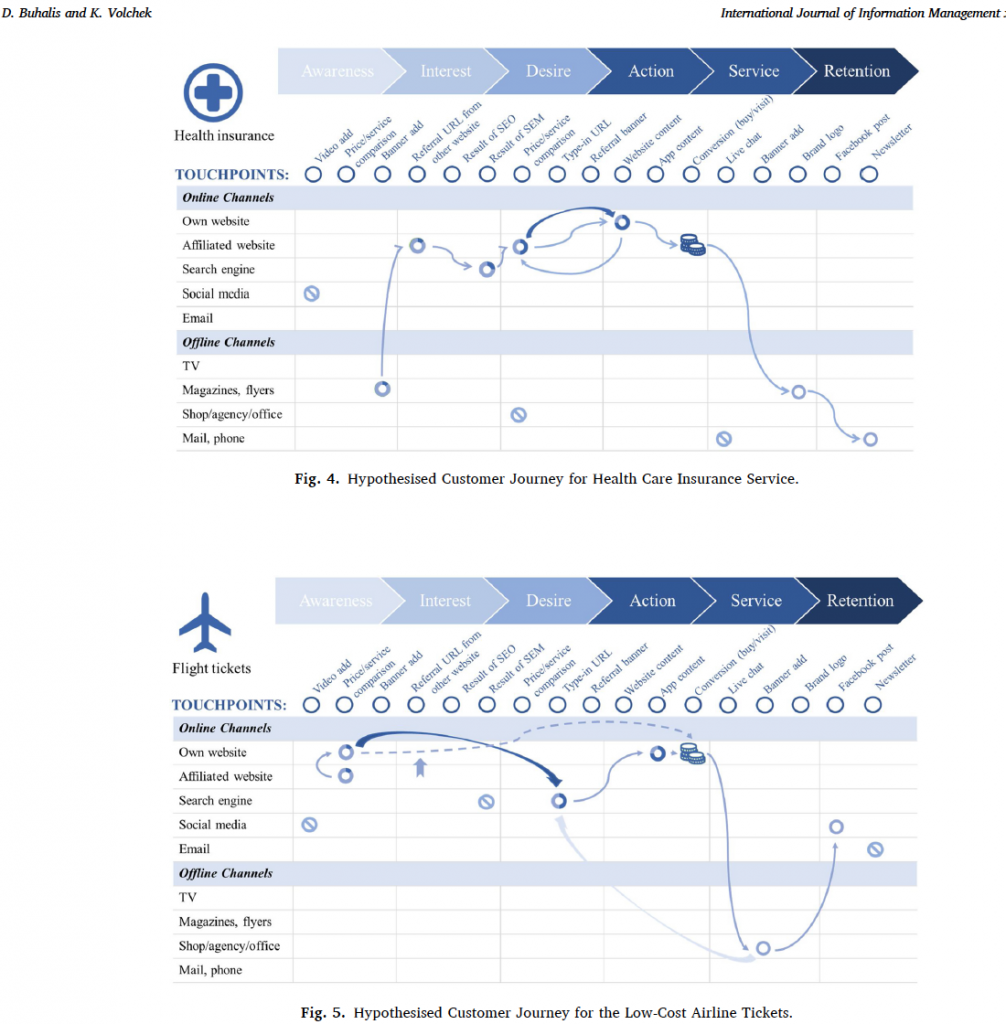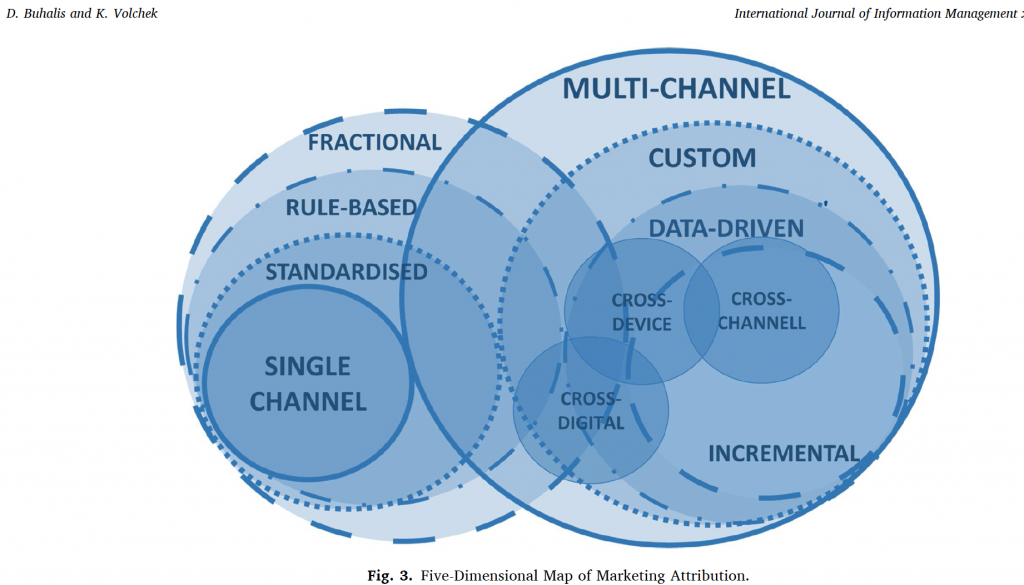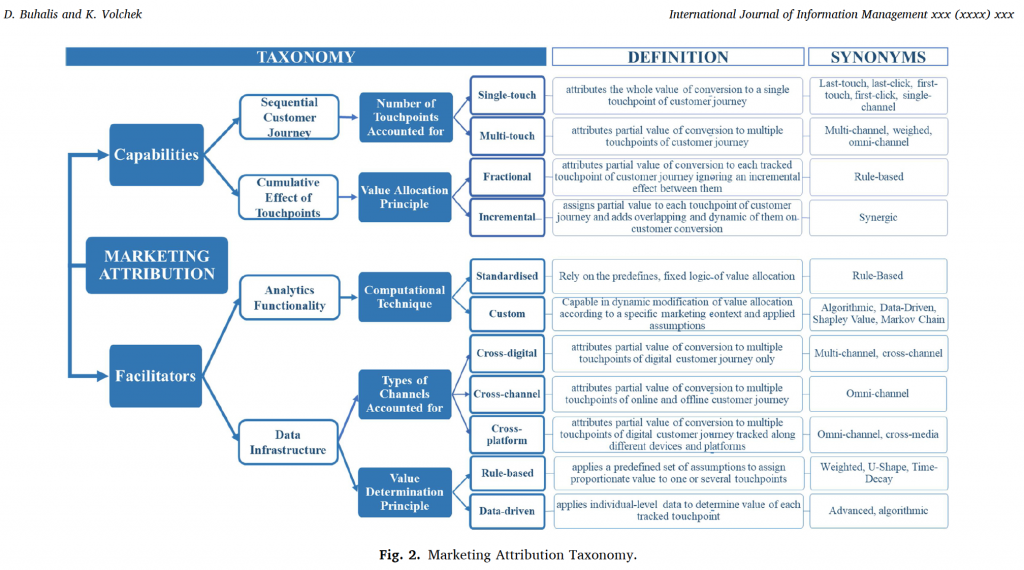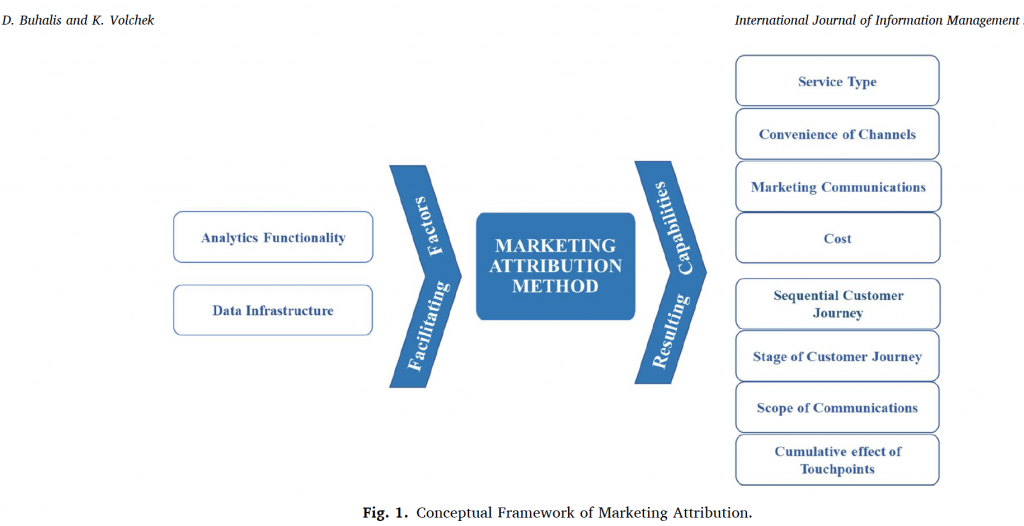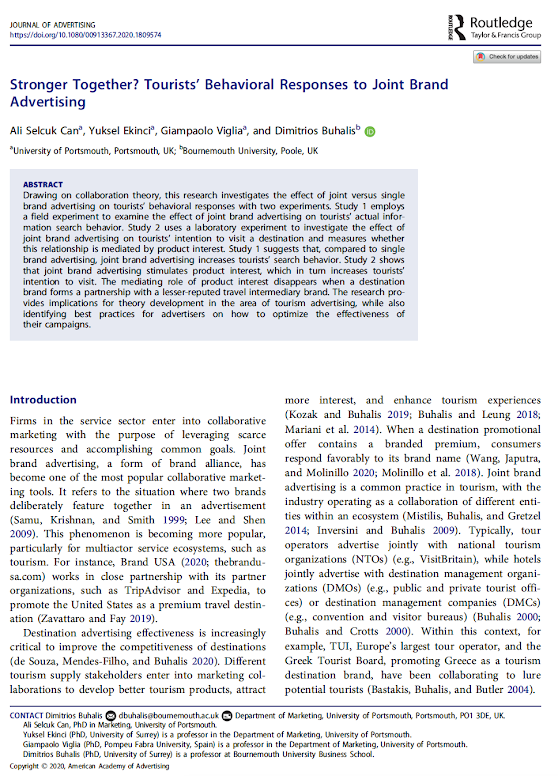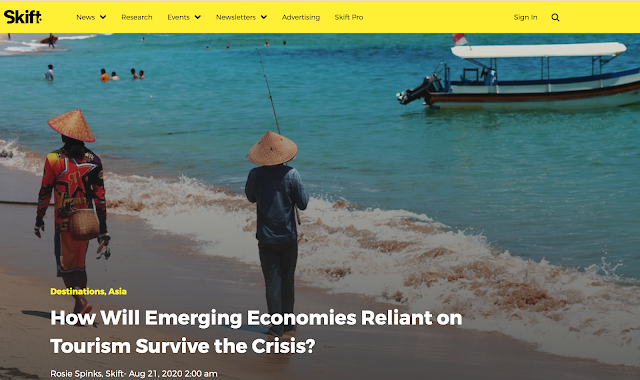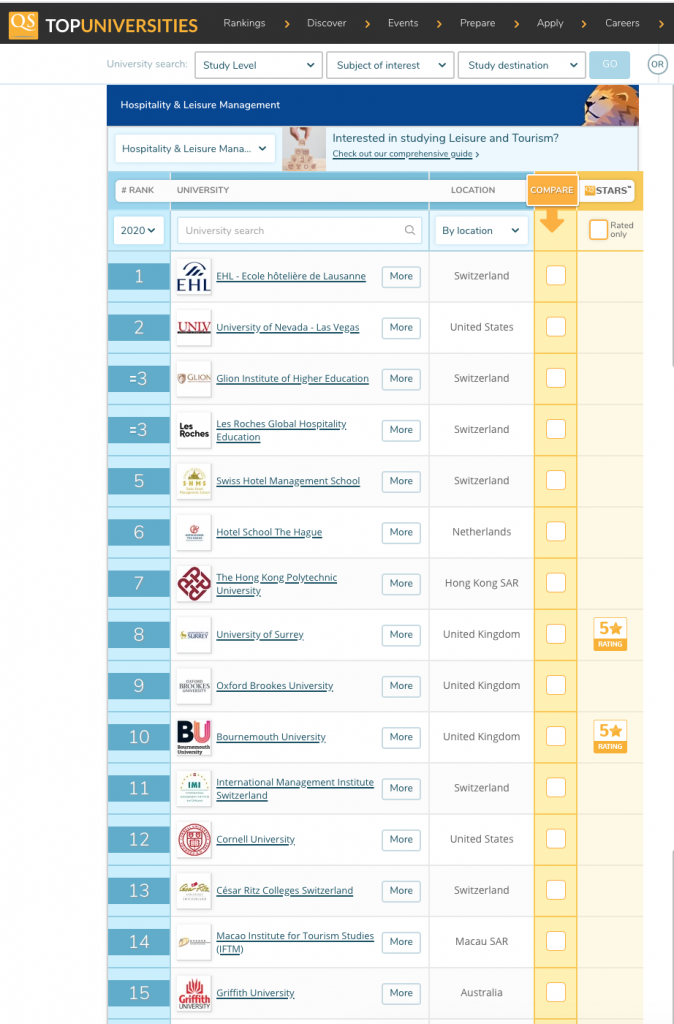The International Centre of Tourism and Hospitality Research supports global tourism recovery from COVID.
Professor Dimitrios Buhalis will deliver a range of keynotes, panels and interventions around the world.
Please join us at these events.
PHILIPPINES Wednesday 17 March 2021, 15:45 – 16:15 Manila time 07:45 – 8:15 am, London time.
Professor Dimitrios Buhalis, Smart Tourism within Smart Cities
Department of Tourism, REPUBLIC OF THE PHILIPPINES
Tourism Promotions Board: Tourism in the Philippines
Tourism and Technology Forum, Manila, The Philippines,
Register to attend the event at https://www.bit.ly/TravelTourismForum
__________________________________________________________________________________
LONDON Wednesday 17 March 2021, 10:30 – 12:15 Association of British Travel Agencies (ABTA)
Business Resilience Webinar Series: Managing Travel Workforces
Professor Dimitrios Buhalis, International Centre for Tourism and Hospitality Research (ICTHR)
Future Talent in Tourism
REGISTER https://www.abta.com/events/abta-webinar-managing-travel-workforces
_____________________________________________________________________________
18-20 March 2021 INDIA Shillong, Meghalaya, India
Global Hospitality and Tourism Conference on Experiential Management and Marketing
GHTC 2020 Conference https://www.ghtconference.org/
Department of Tourism and Hotel Management, North -Eastern Hill University, Shillong (India)
Thursday 18 March 2021, 14:00 AM to 15:00 (IST) – 9:30 AM to 10:00 AM (London Time).
Professor Dimitrios Buhalis, Smart Tourism and Restart of Tourism.
Workshop on Publishing Tips in Top Tier Tourism and Hospitality Journals
_____________________________________________________________________
TTI Spring Conference webinar – Thursday 18 Mar 10:00 – 13:00 (UK)
https://www.eventbrite.co.uk/e/getting-past-the-pandemic-working-together-tickets-140256217121
Detailed Agenda
10:00 Welcome & TTI Update Tim Wright, Chairman, TTI
10:10 Addressing the Tourism Industry Tom Jenkins, Director, European Tourism Association
10:35 Tourism Post COVID Professor Dimitrios Buhalis, Bournemouth University Business School
11:00 A Return to Hospitality Rob Paterson, CEO, Best Western Hotel Group GB
11:25 Coffee Break
11:45 Will Airlines Take Off Again? Simon McNamara, Country Manager United Kingdom, IATA
12:10 Testing – Crucial to the New Normal Angus Urquhart, Sales Director, GeneMe UK
12:35 Leveraging Tech and Data Towards a Post-Pandemic World Richard Baker, Chief Commercial Officer, Inspiretec
13:00 Chairman’s Summary and Close Tim Wright, Chairman, TTI
Moderator: Paul Richer, Genesys Digital Transformation
_____________________________________________________________________
Wednesday 24 March 2021 – 13:45-14:45 South Africa time – 11:45-14:45 London time
Johannesburg Marriott Hotel Melrose Arch, Johannesburg, South Africa
Africa Business Tourism and MICE
Professor Dimitrios Buhalis – Digital Transformation – new reality for survival recovery and growth
Moderator: Natalia Bayona UNWTO
Register https://virtualproductions.flockplatform.com/ep/?event=2021-Africa-Business-Tourism-and-MICE-Masterclass
_____________________________________________________________________
https://us02web.zoom.us/webinar/register/3616158045802/WN_aLW3IMa3QN-Q-DCPVQ5hlQ
Dive into the world of VR with our expert guest speakers from Hong Kong Tourism Board, Spherie and Teleport to learn about VR Trends within the industry, opportunities with new technology and the decision-making process that happens behind the scenes.Questions we’ll ask in the panel discussion:
– What’s the wildest dream you have for the future of VR technology within the space of tourism?
– To Hong Kong Tourism Board, as a destination, what are the factors that you have to take into consideration, before choosing VR as a tool/technology in your marketing strategy?
– To Spherie and Teleport, what advice would you give to youths interested in breaking into the VR space as an entrepreneur?


